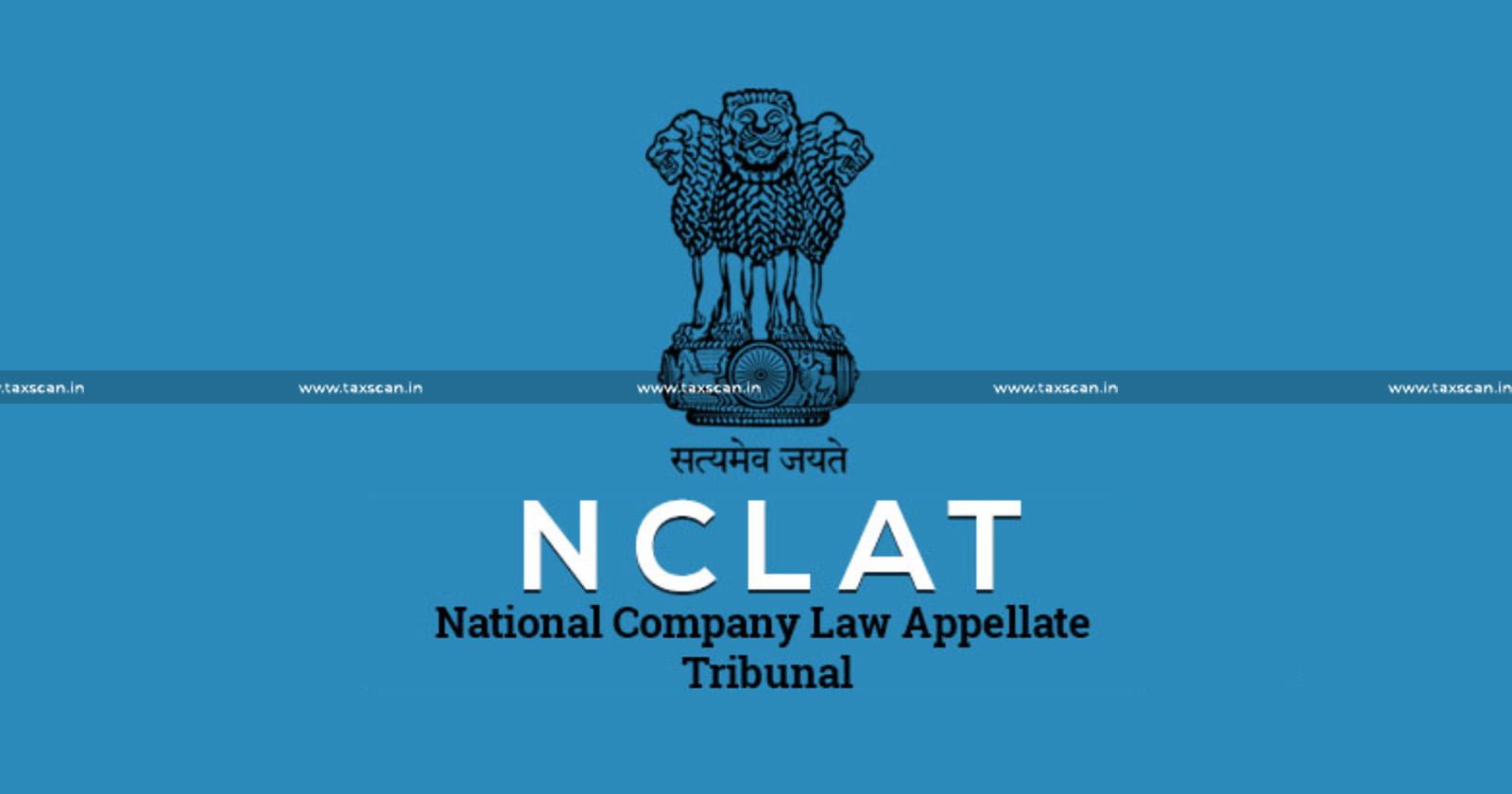Admissibility of Debt u/s 9 of IBC: NCLAT Quashes NCLT’s Rejection of CIRP Proceedings [Read Order]
The NCLAT determined that the WhatsApp messages were sufficient evidence to establish the debt and the absence of a legitimate dispute

NCLAT – NCLAT Chennai – IBC – Section 9 of IBC – Insolvency and Bankruptcy Code – TAXSCAN
NCLAT – NCLAT Chennai – IBC – Section 9 of IBC – Insolvency and Bankruptcy Code – TAXSCAN
The Chennai Bench of National Company Law Appellate tribunal ( NCLAT ) quashed the National Company Law Tribunal ( NCLT )’s rejection of the admissibility of debt under Section 9 of the Insolvency and Bankruptcy Code ( IBC ) and allowed the initiation of Corporate Insolvency Resolution Process ( CIRP ) proceedings against Yosmite Engineering Pvt. Ltd., the corporate debtor.
Mamtha Steels Corporation,appellant-operational creditor, alleged that a business relationship between the parties had existed from March 2018 to June 2018, during which stainless steel materials were supplied. The total debt claimed was Rs. 1,14,70,735.98, of which Rs. 60,00,000 had been paid, leaving an outstanding balance of Rs. 57,16,918.10.
Redefine Finance: Master the Art of Investment Banking - Click here to Register
The operational creditor issued a demand notice under Section 8 of the I&B Code on 05.12.2018, seeking the payment of the outstanding debt. However, the corporate debtor did not respond to the demand notice, prompting the appellant to file the application under Section 9 of the Act.
The appellant argued that the debtor had acknowledged the debt through various communications, including WhatsApp messages, in which the debtor had promised to make payments. Despite this, the corporate debtor denied the existence of a financial debt, claiming that the materials supplied were of inferior quality.
The NCLT dismissed the application on the grounds that the appellant had failed to prove the existence of a financial debt. The NCLT held that there was no valid acknowledgment of the debt, and there was a pre-existing dispute regarding the quality of materials supplied.
The tribunal also noted that the debtor's alleged failure to make payments was tied to issues with the product quality, and the appellant had not provided adequate evidence to establish a valid claim for payment.
The appellant, dissatisfied with the NCLT's decision, filed an appeal with the Appellate Tribunal, arguing that the WhatsApp communications between the parties were sufficient evidence of the corporate debtor’s acknowledgment of the debt and the promise to pay.
The appellant asserted that these exchanges disproved the existence of any dispute regarding the debt, thereby justifying the initiation of CIRP proceedings.
Redefine Finance: Master the Art of Investment Banking - Click here to Register
In reviewing the case, the Appellate Tribunal disagreed with the NCLT's findings. The Tribunal found the corporate debtor's defense weak, particularly given the acknowledgment of the debt in the WhatsApp messages, which the appellant contended demonstrated an admission of liability.
The two member bench comprising Justice Sharad Kumar Sharma ( Judicial Member ) and Jatindranath Swain ( Technical Member ) ruled in favor of the appellant, determining that the existence of a financial debt had been sufficiently established and that there was no valid pre-existing dispute.
Consequently, the Appellate Tribunal allowed the appeal and directed the initiation of the CIRP proceedings against the corporate debtor.
To Read the full text of the Order CLICK HERE
Support our journalism by subscribing to Taxscan premium. Follow us on Telegram for quick updates


